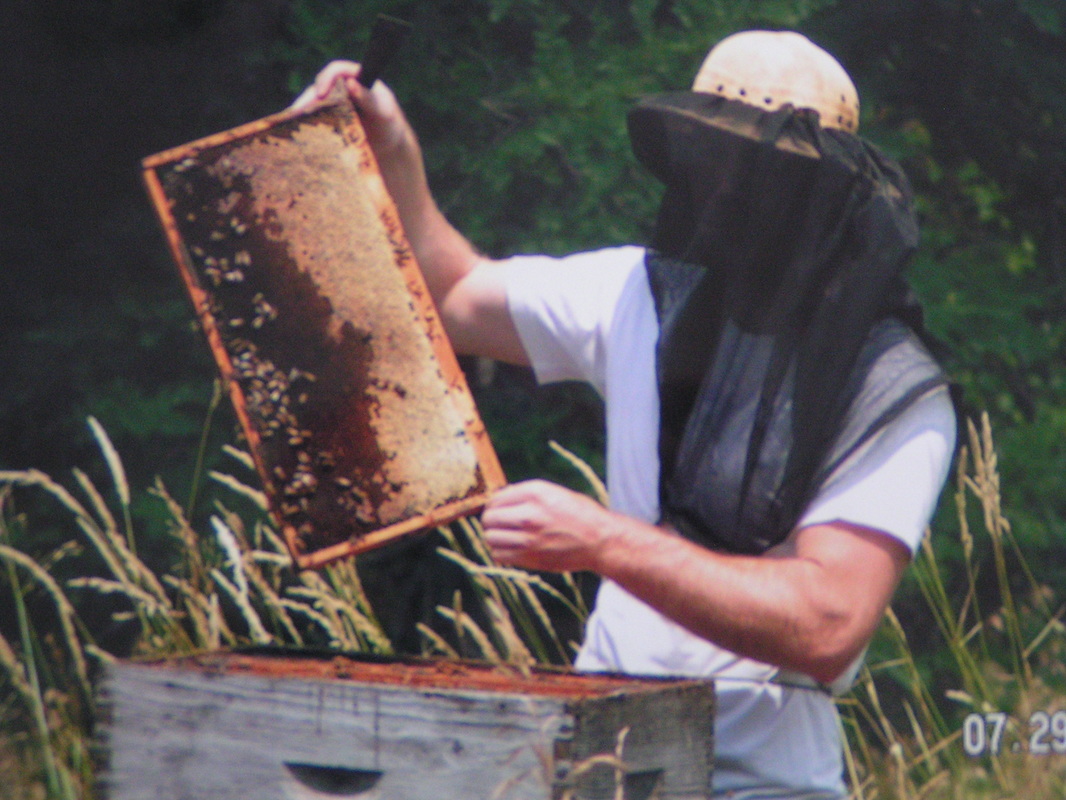Pesticide-treated forager bees brought back significantly less pollen in each forage run, and took significantly longer on each run, than those in the control group...
The reduced worker efficiency had two other 'knock on' effects for overall hive health. The first is that recruiting more foragers to collect pollen is a risky strategy—individual bees can get lost. The treated colonies paid the price—the neonic-only colonies experienced 50 percent more lost workers than the control, and the colonies exposed to both pesticides lost 55 percent more.
The other effect has to do with brooding—raising the next generation of bees for the hive. The treated hives showed significantly lower production of new bees—probably, the researchers suggest, because they had to divert bees from brooding duties to foraging duties, and also because of less overall availability of pollen.
All of these factors, the researchers conclude, lead to colonies that are less resilient to the many stresses that confront bees in the field: loss of habitat, parasites, and viruses. Two of the 40 colonies involved in the study collapsed over its four-week course, both from the hives treated with the combined pesticides. The clear takeaway is that neonic pesticides, both alone and in combination with another pesticide, significantly damage bee health. To grow our massive corn crop, we're killing our bees."
Do Bayer's Pesticides Make Worker Bees Lazy?
—By Tom Philpott

 RSS Feed
RSS Feed
